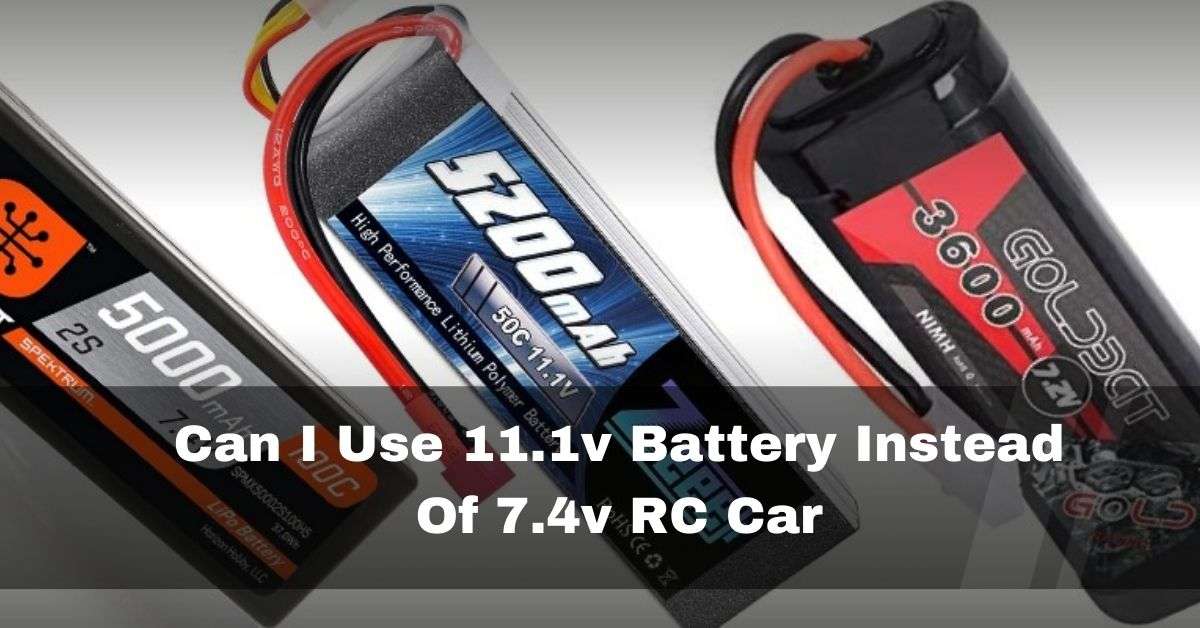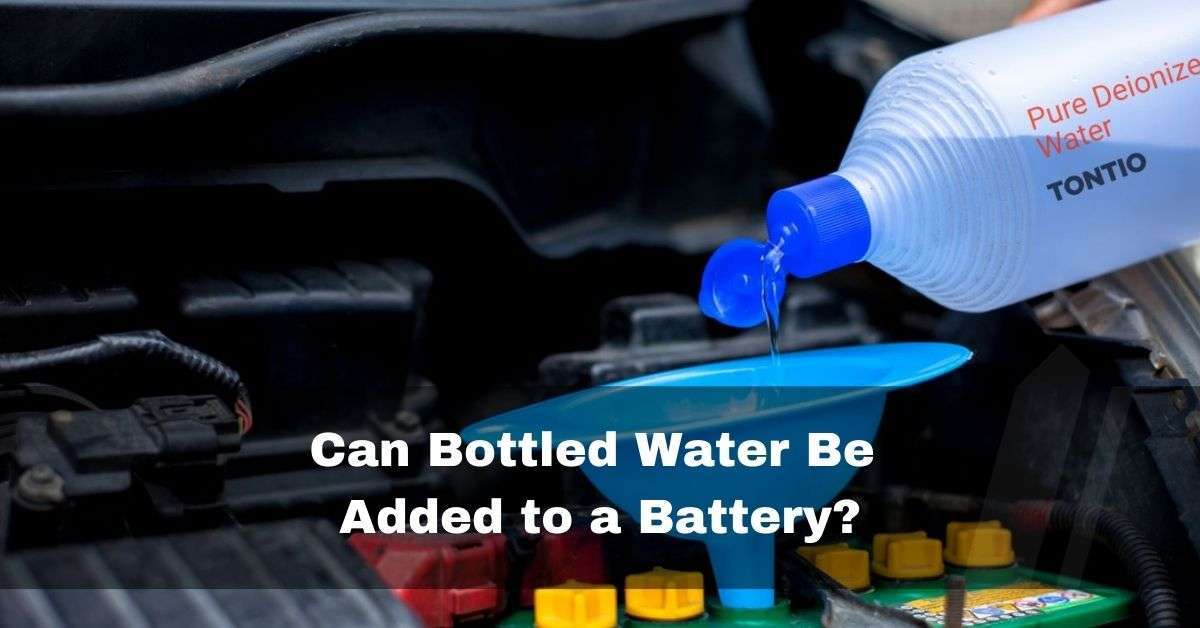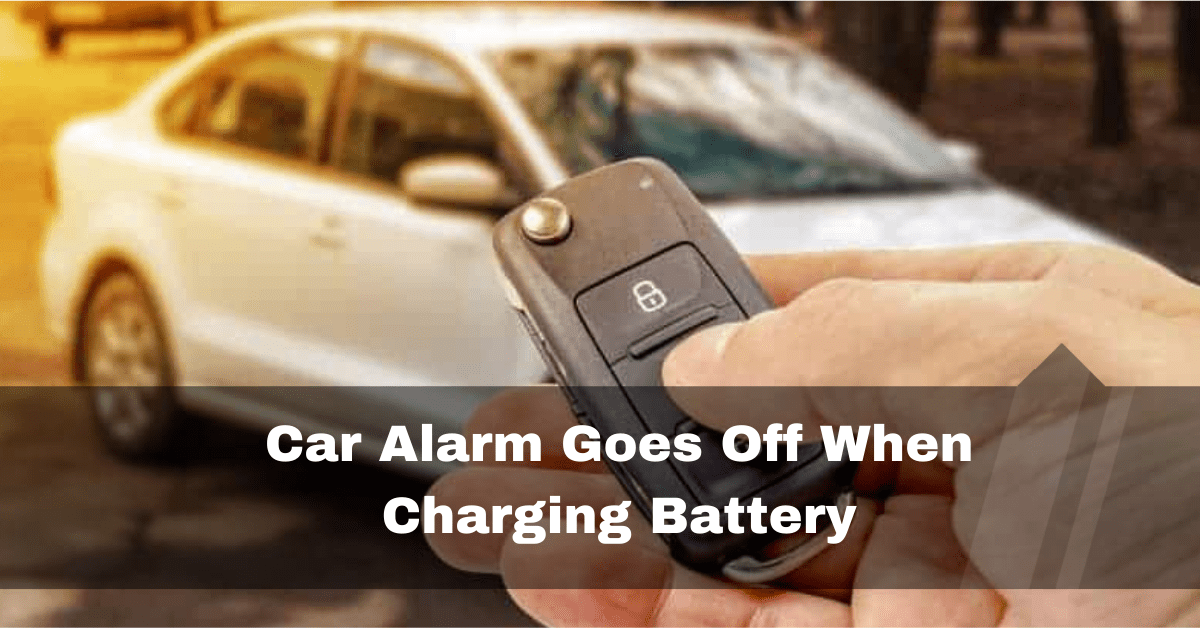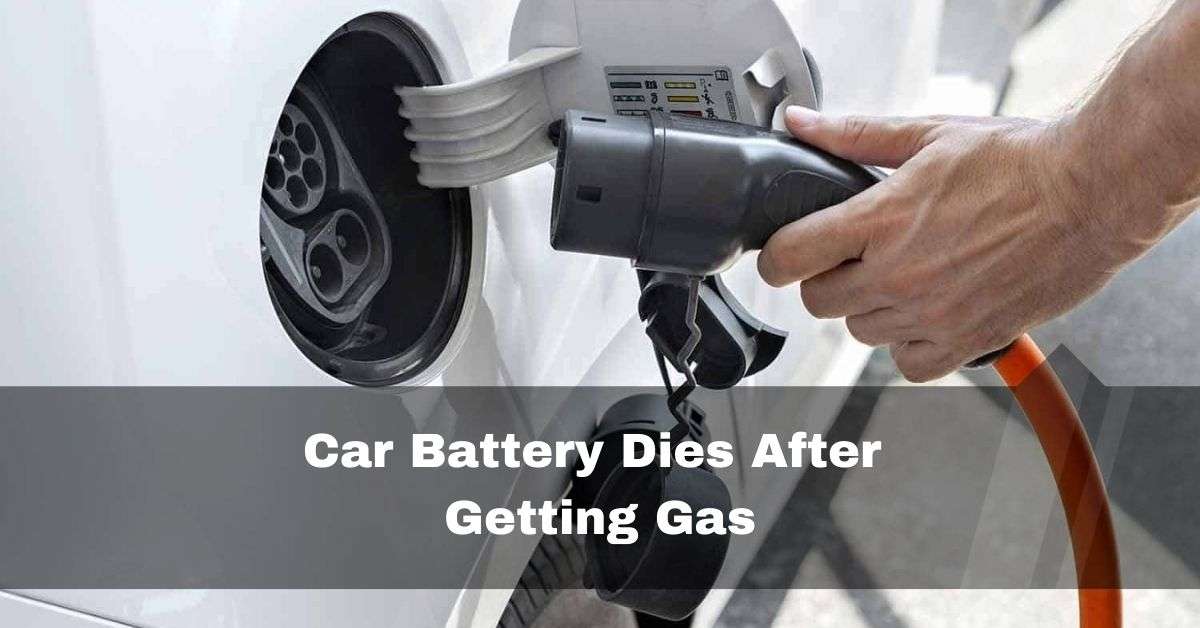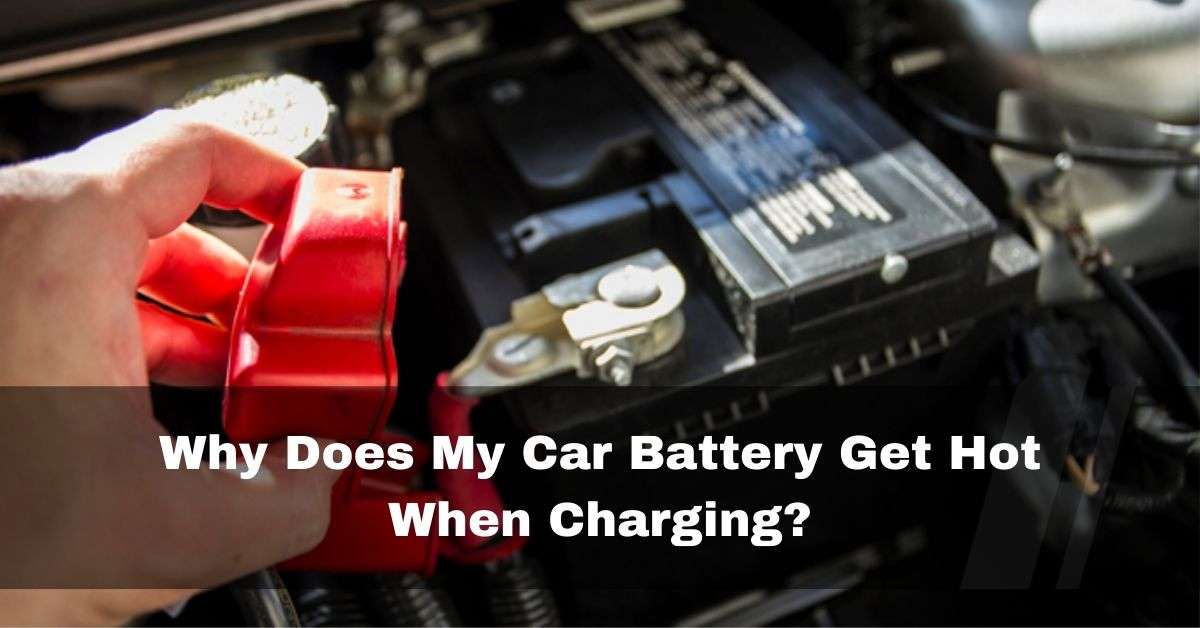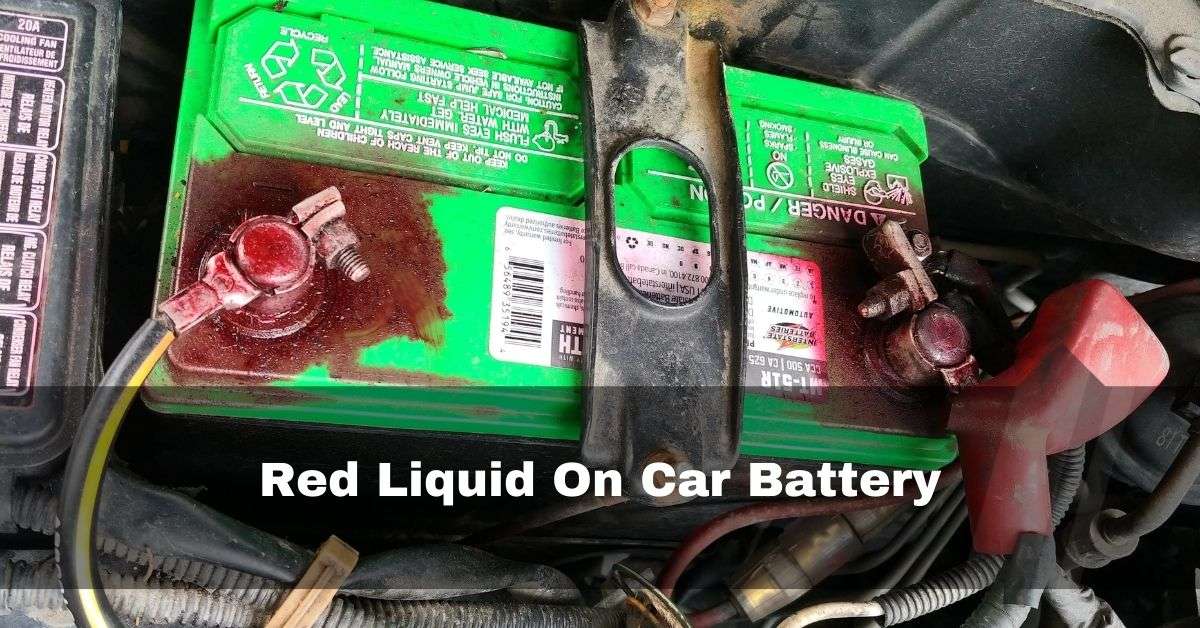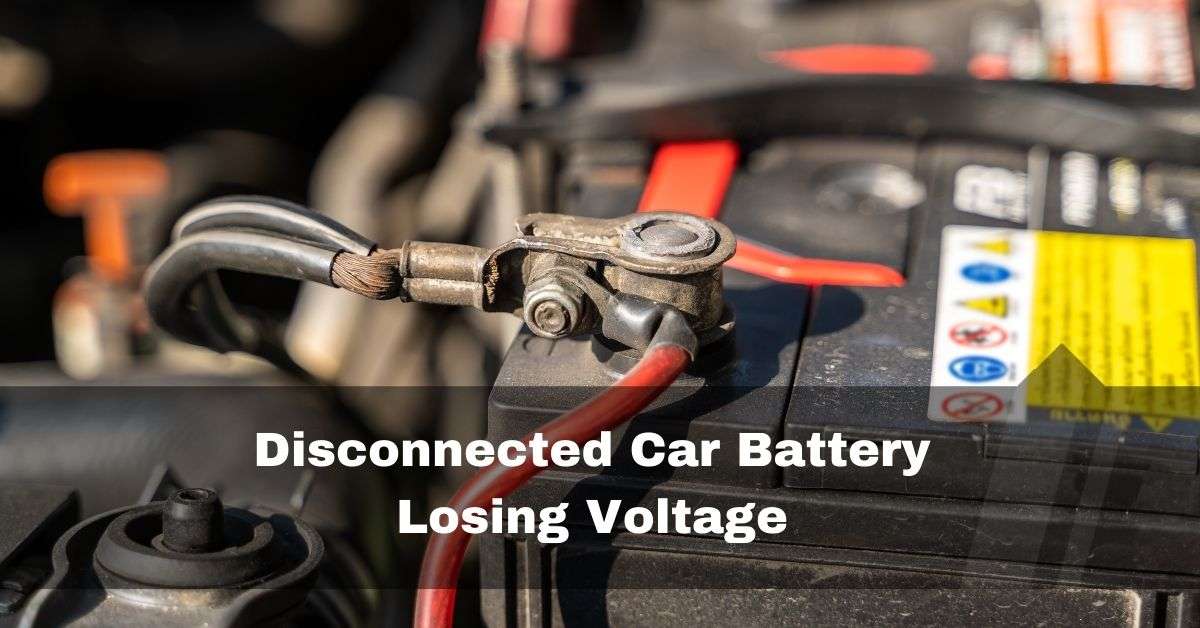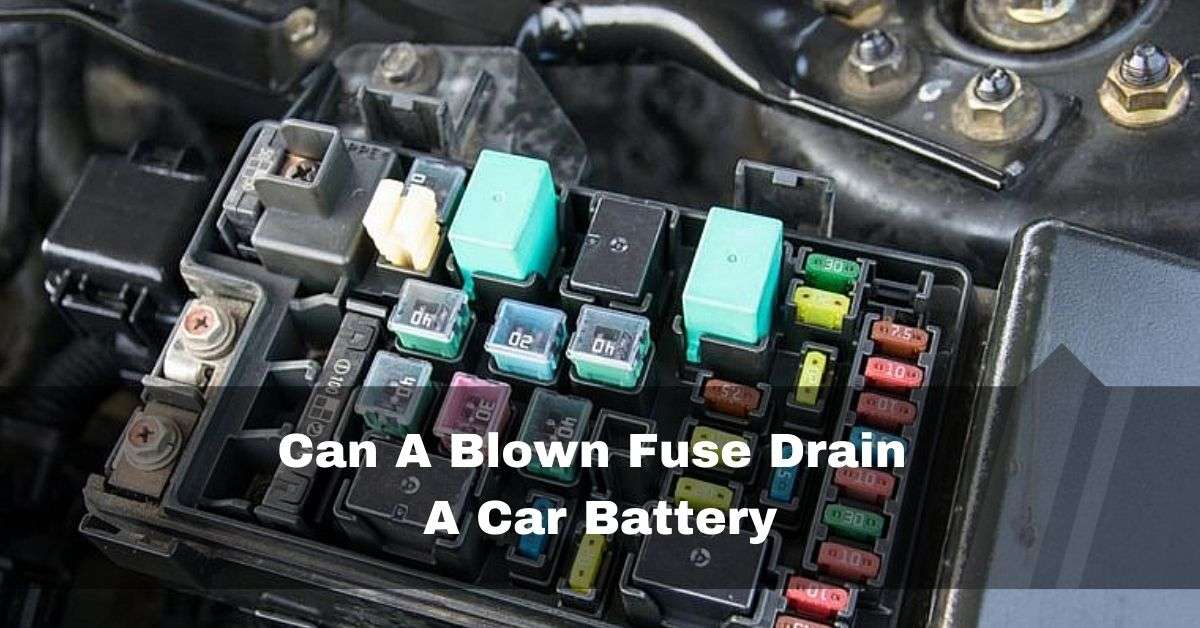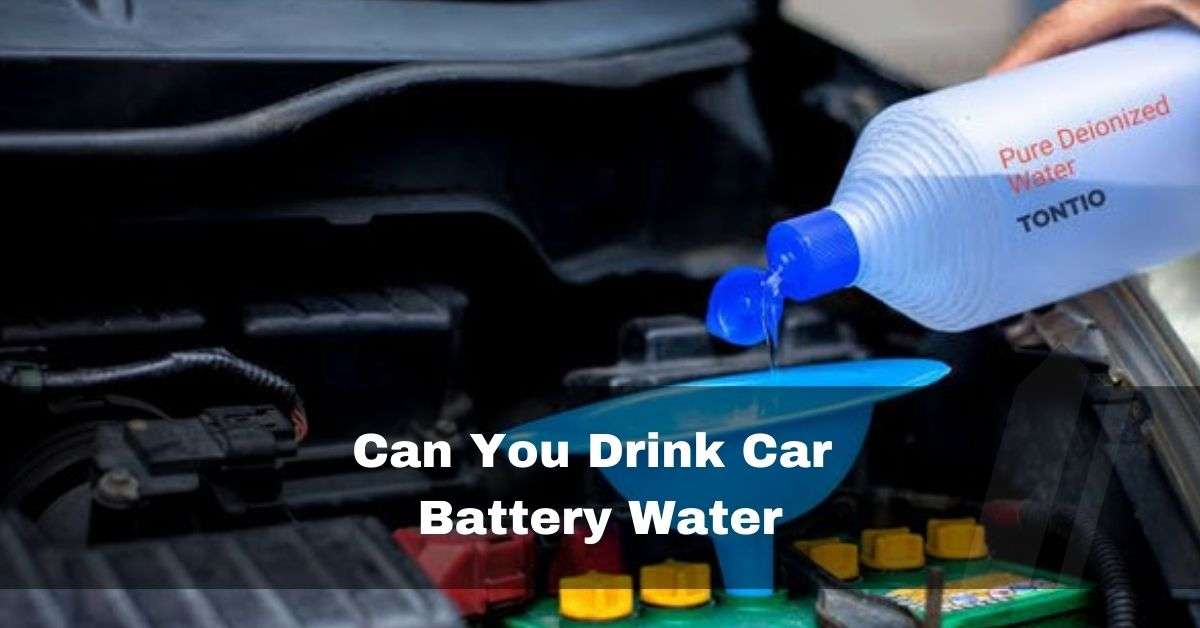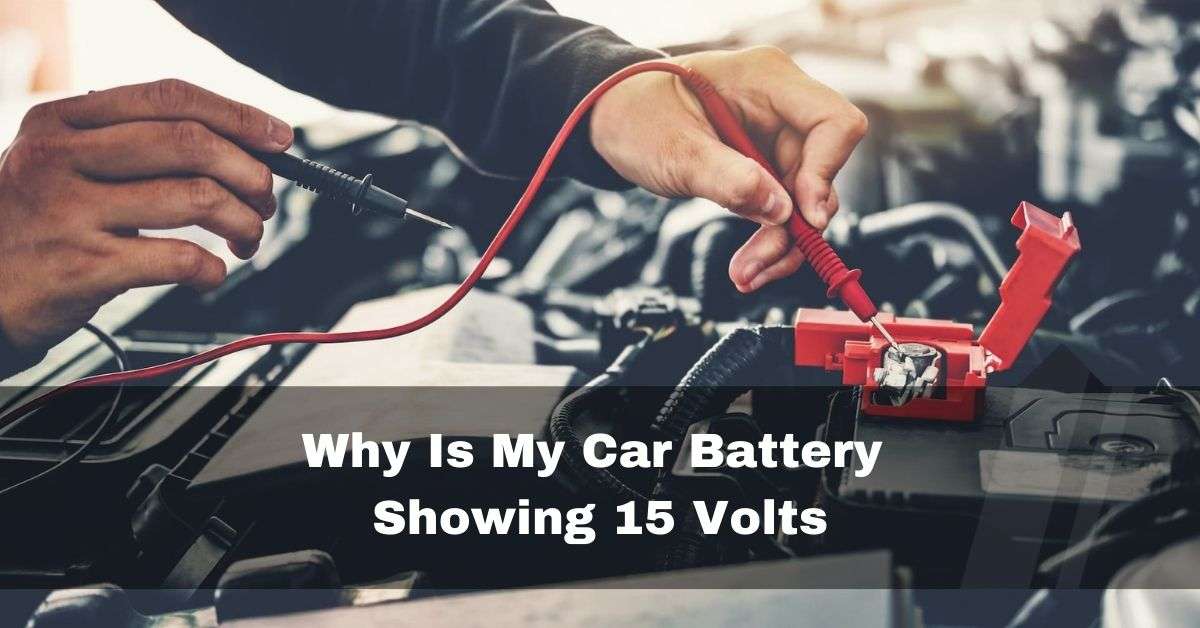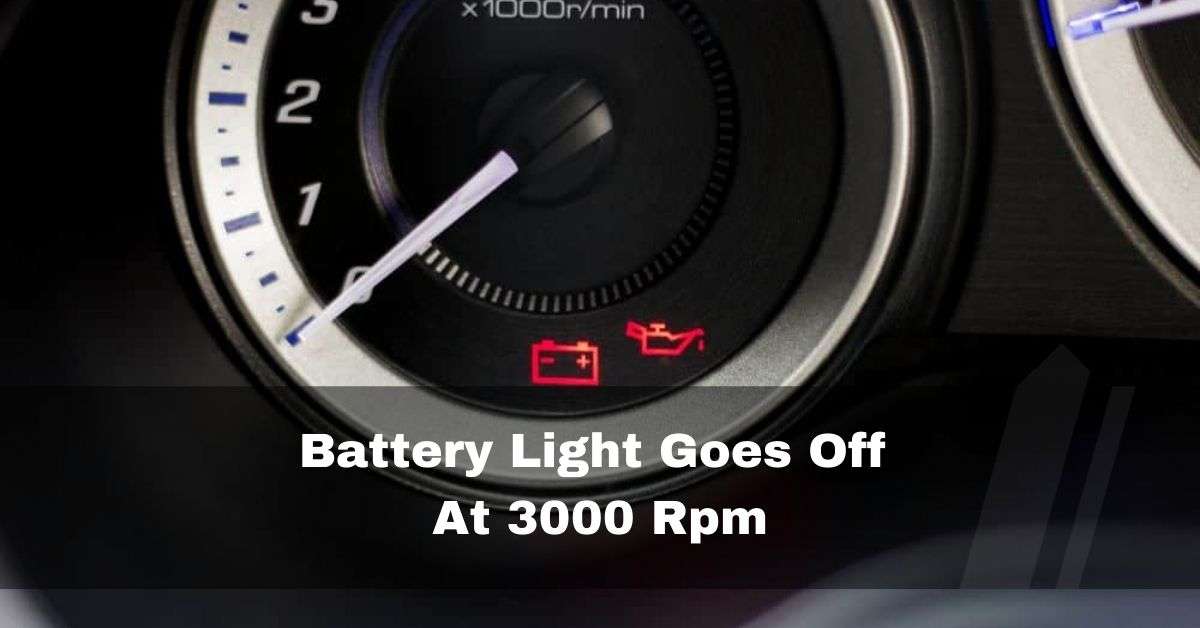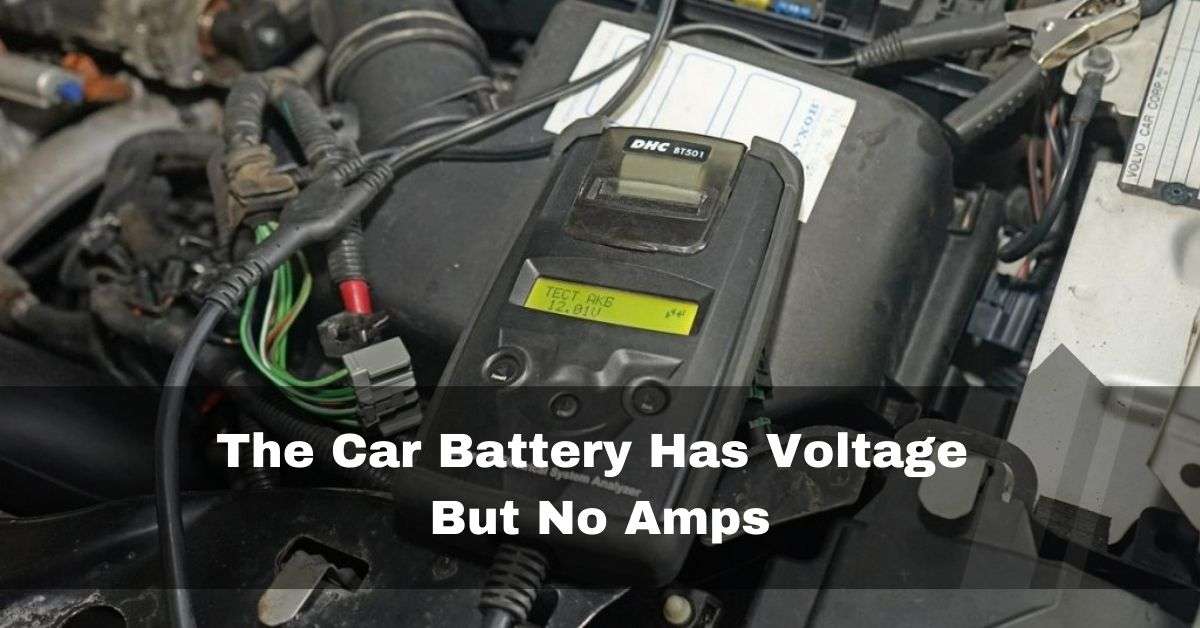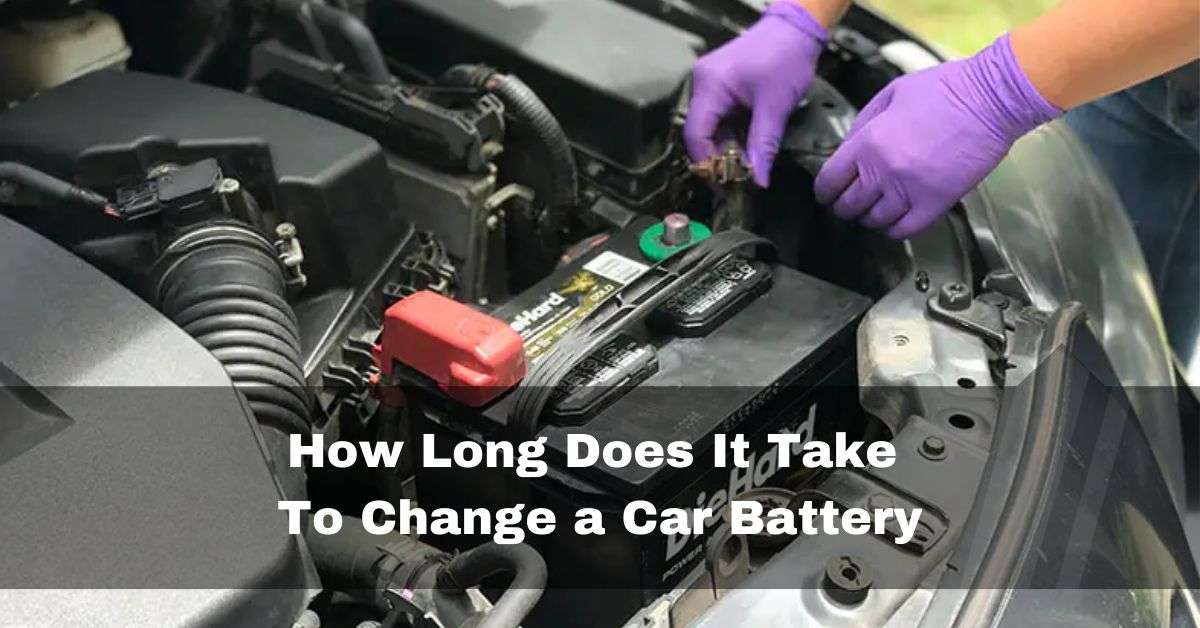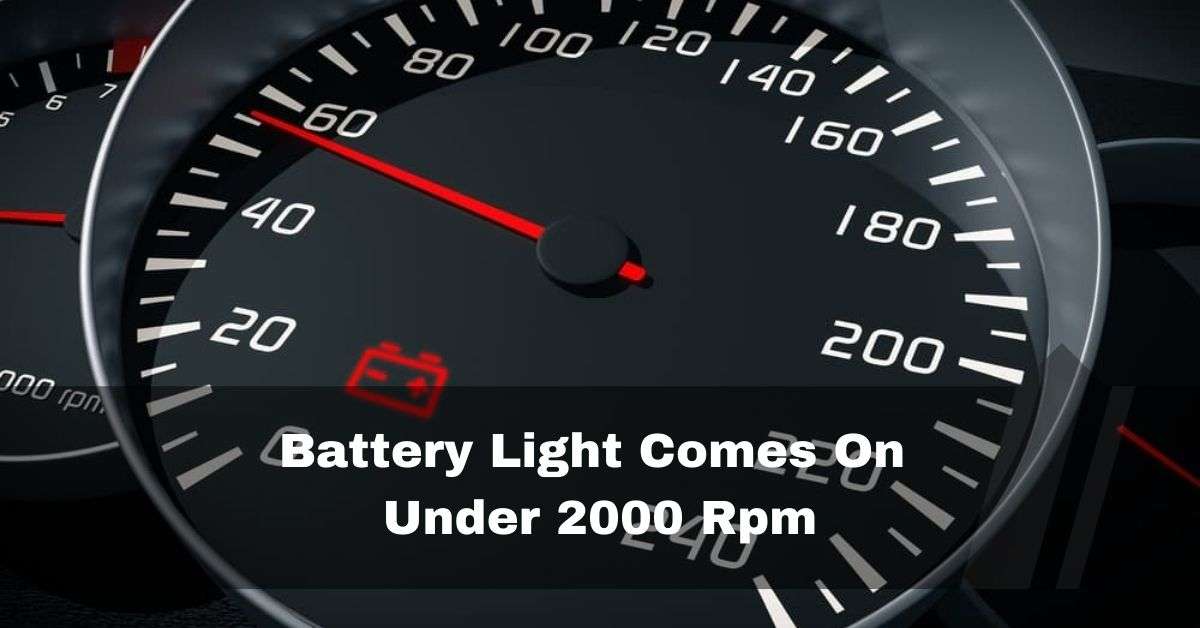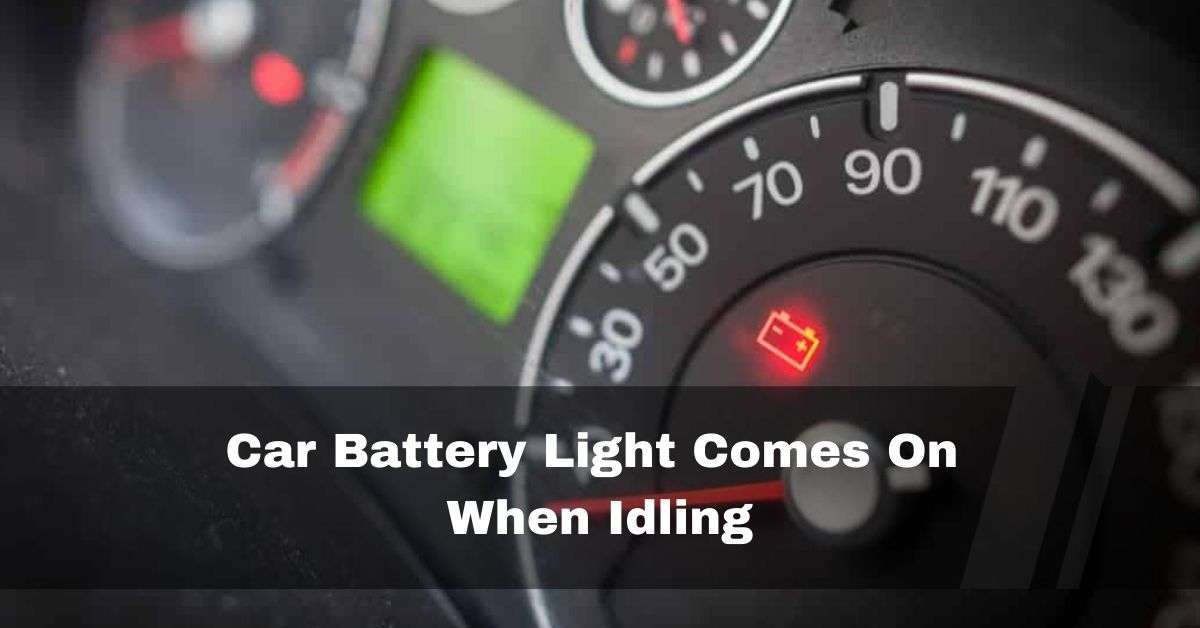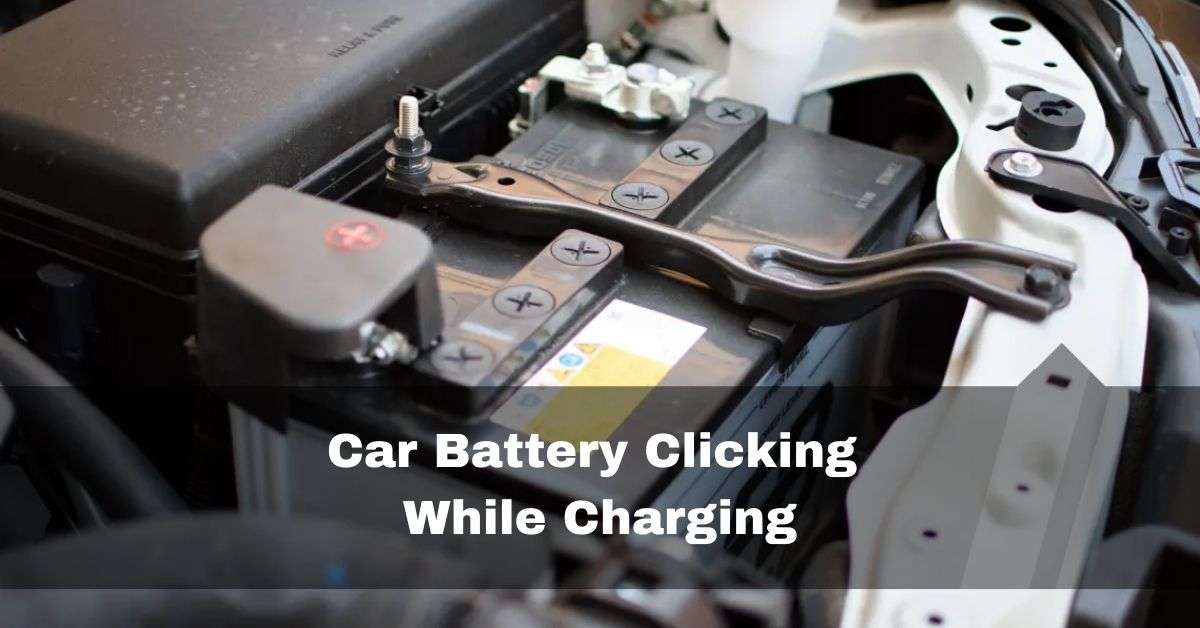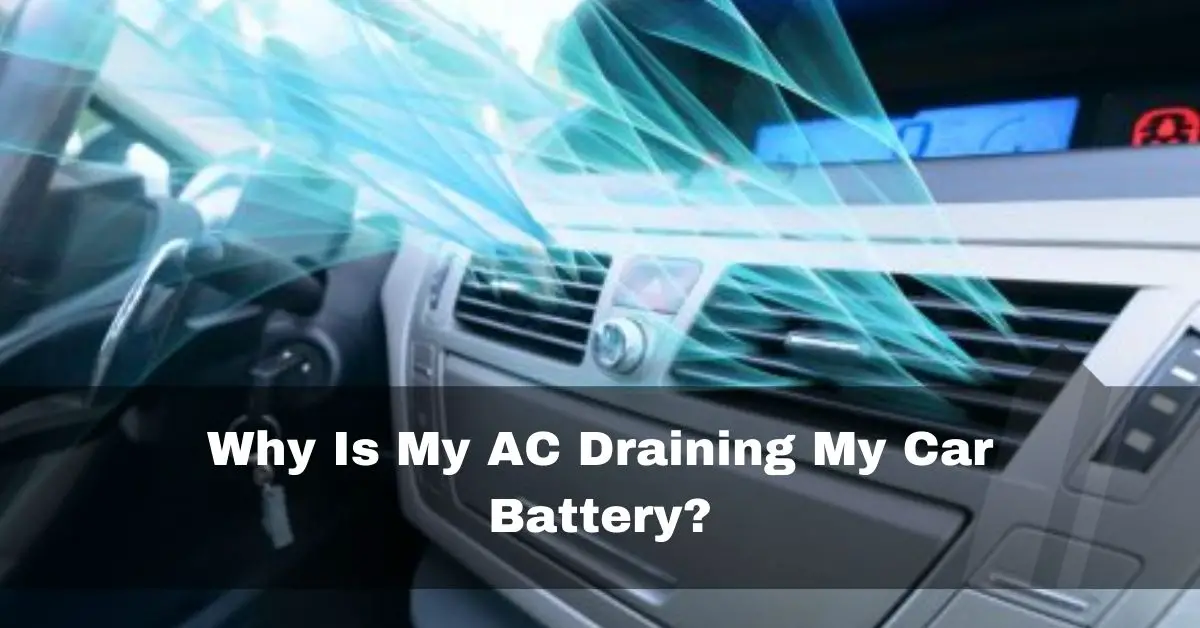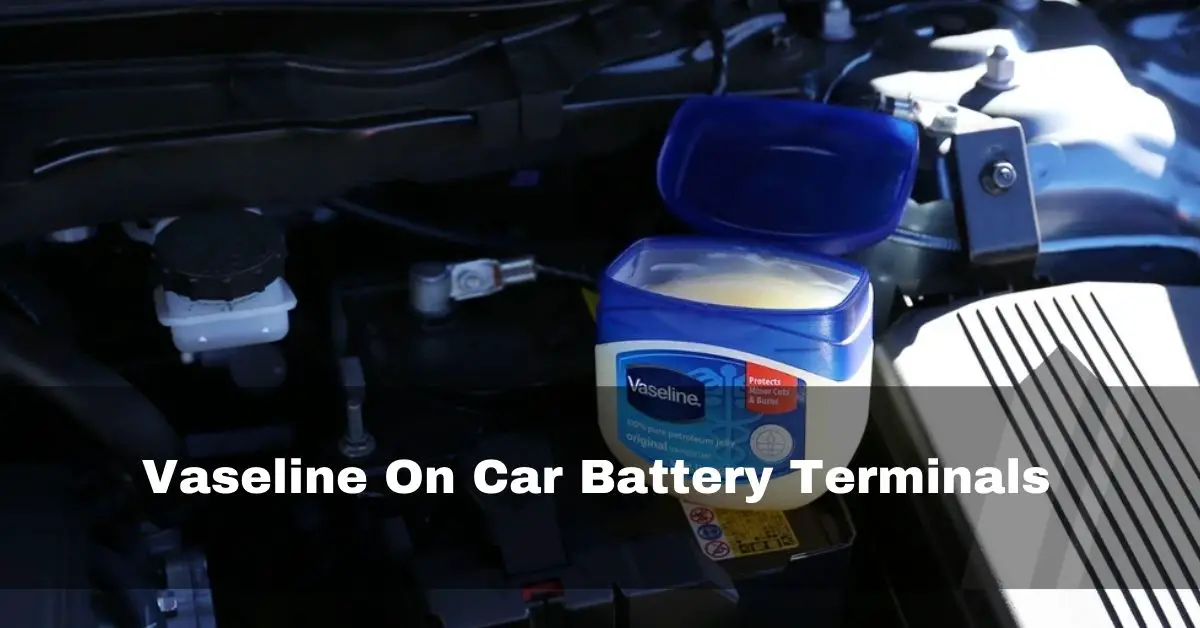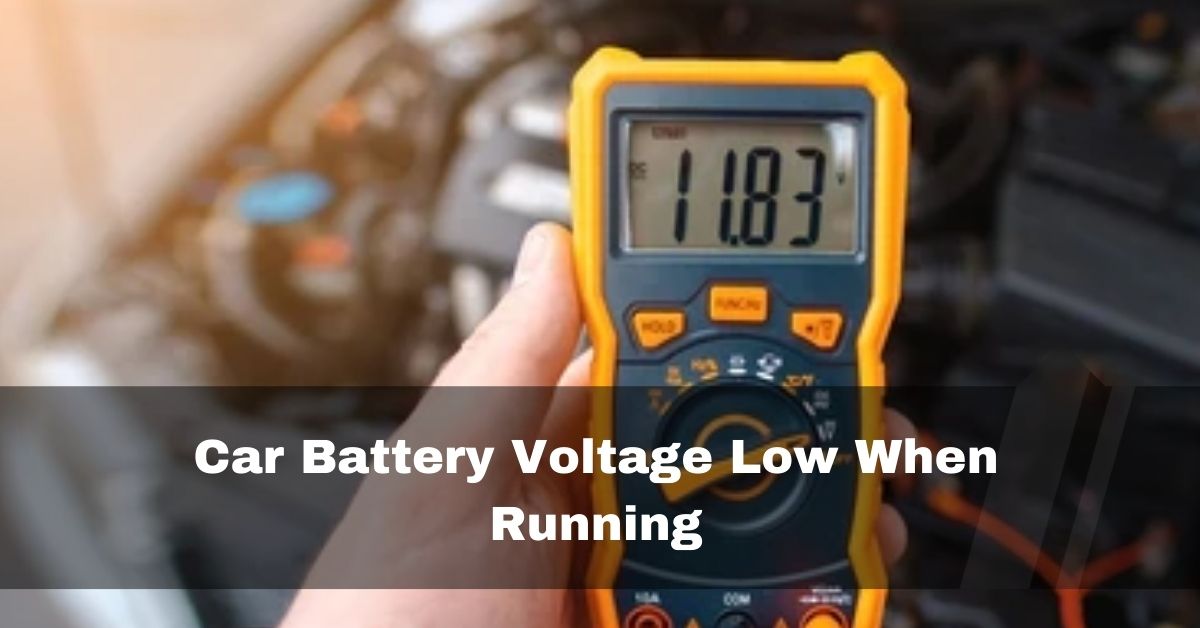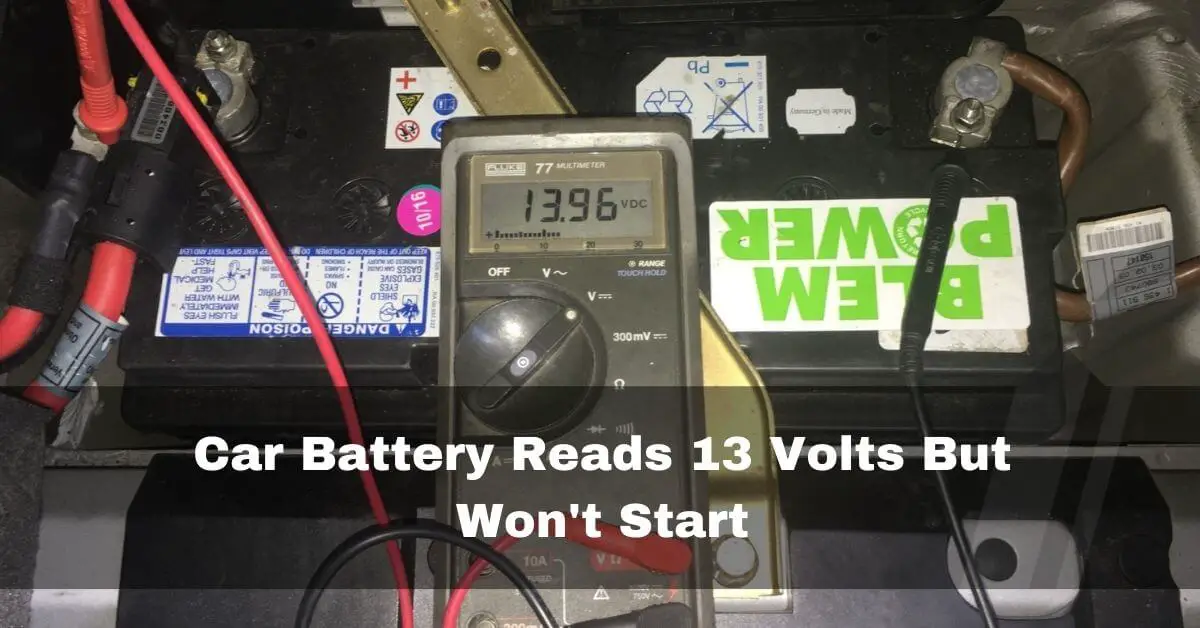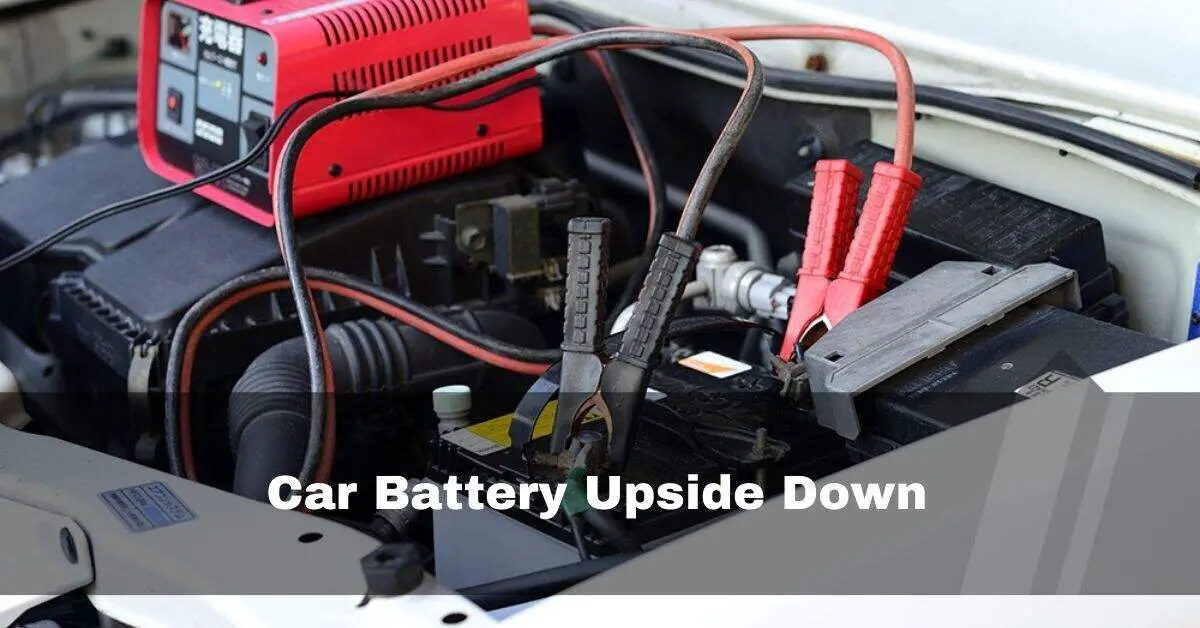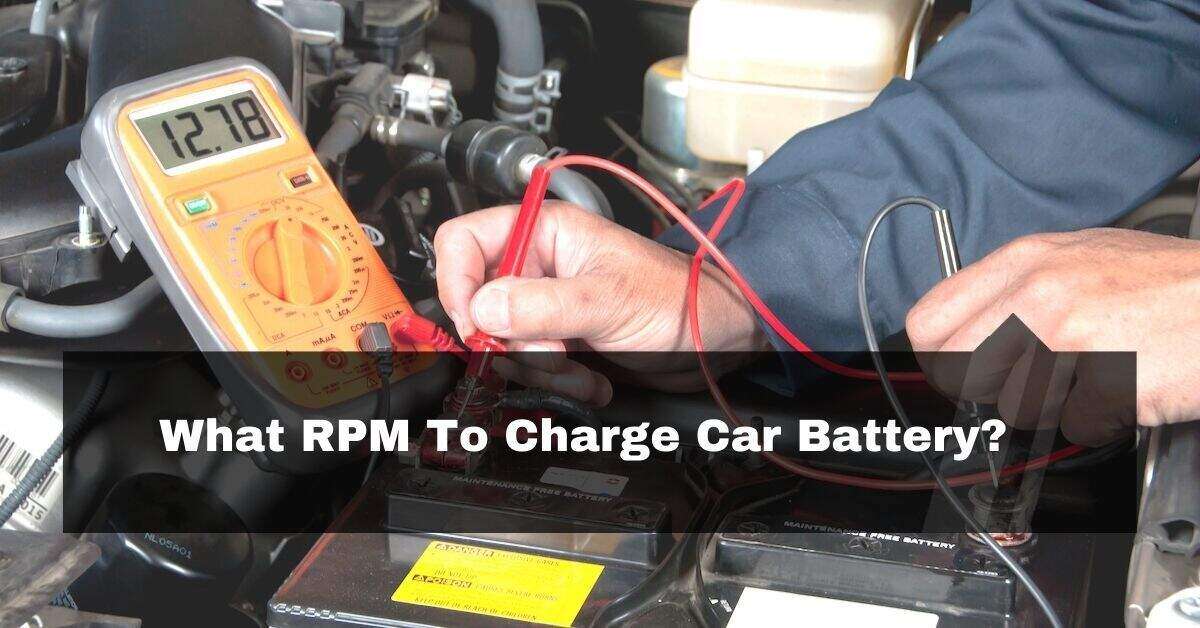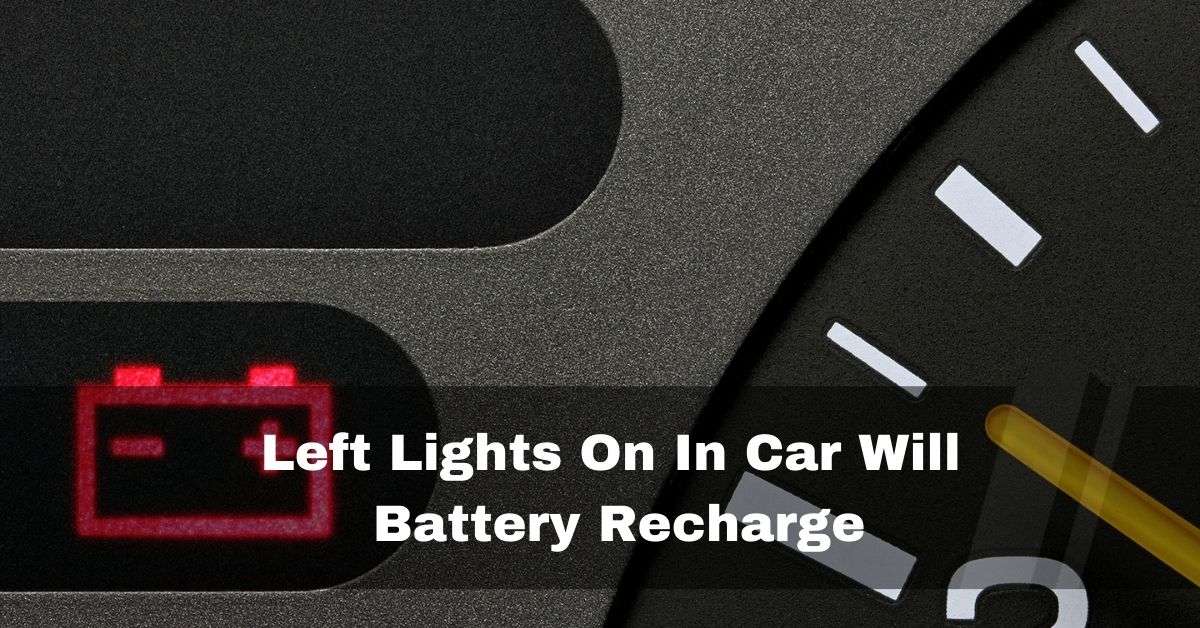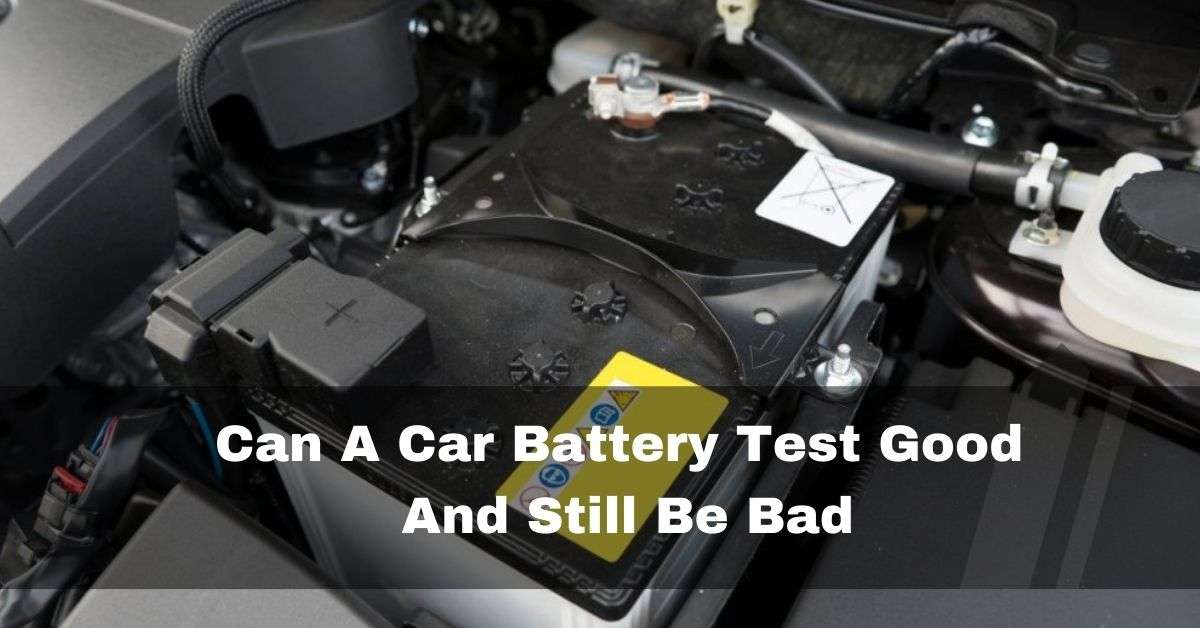Monitoring your battery’s voltage is essential for assessing its health and predicting potential issues. One common voltage reading you may encounter is 12.3 volts. But is this voltage level okay for your car battery?
A car battery at 12.3 volts is not ideal. It indicates a partially charged state and may lead to startup issues, especially in colder conditions.
This article will explore what 12.3 volts mean for your car battery’s health and performance.
Table of Contents
Understanding Car Battery Voltage:
1. The Nominal Voltage:
The nominal voltage of car batteries is usually 12 volts. The foundation for this number is that most vehicle electrical systems are made to function within this range. A fully charged battery should maintain this nominal voltage when at rest.

2. Voltage State of Charge:
The voltage of your automobile battery is a reliable sign of how charged it is. You must comprehend this link to determine your battery’s condition and forecast its performance. What you need to know is as follows:
- Fully Charged State: A fully charged car battery typically has a resting voltage of 12.6 and 12.7 volts. This voltage level is regarded as ideal.
- Partially Charged State: Your battery is only partly charged when its voltage is between 12.4 and 12.5 volts. Although it still has some charge, it is not operating at its full potential.
- Discharged State: Your battery is regarded as drained if its voltage falls to 12.2 volts or below. Starting a car may be difficult or impossible when a battery is in this condition.
12.3 Volts: What Does It Indicate?
12.3 volts is within the range of a partially charged battery when you measure the voltage of your car battery. What this voltage level denotes typically is as follows:
1. Partially Charged State:
Your battery is not fully charged if it has a voltage of 12.3 volts. Although it has some charge, it must perform to its full potential.

2. Potential Startup Issues:
A battery with 12.3 volts may start your automobile, but it is not in the best condition. You can suffer slower cranking and a greater chance of running into a no-start scenario in cooler temperatures.
3. Recharge Required:
When you consistently measure 12.3 volts, your battery needs to be recharged. Driving your car frequently will allow the alternator to charge the battery, or you can use an external battery charger.

4. Investigate Underlying Problems:
Even after recharging, if your battery still reads 12.3 volts, there may be an issue with the battery itself. Sulfation, a harmed cell, or inadequate electrical connections are examples.
What To Do When Car Battery Shows 12.3 Volts?
If you find your car battery consistently measuring 12.3 volts, here are some steps to consider:
1. Recharge The Battery:
Utilizing a suitable battery charger, start by charging your battery. It should raise its voltage to a fully charged level of about 12.6–12.7 volts.

2. Check For Parasitic Draws:
Your battery may have a parasitic draw if it keeps discharging quickly. It happens when your automobile is off, but one of its electrical components continues to draw power. A qualified mechanic can identify and fix this problem.
3. Battery Testing:
Have your battery load-tested if recharging doesn’t fix the issue. This evaluation of the battery’s overall condition and capacity. It can help assess whether your battery is still functional or necessary for replacement.

4. Consider Replacement:
If your battery constantly registers 12.3 volts after testing and recharging, think about replacing it. When you least expect it, a weak battery may leave you stuck and cause several issues.
Will The Car Start At 12.3 Volts?
Is 12.3 V enough to start a car?12.3 volts may be sufficient to start a car, but there are better voltage levels for several reasons. A voltage of 10.5 to 11 volts is needed to start most automobiles. Your battery can still start the car at 12.3 volts, but it might have trouble, especially in cooler conditions.
The battery voltage may drop dramatically because the starter motor draws a lot of current when you turn the key to start the engine. This voltage drop could make it harder for the engine to start smoothly. It is less dependable than a fully charged battery because the success of a start at 12.3 volts depends on several variables, including battery state and temperature.
FAQs:
1. What Percentage Is A 12.3 V Battery?
When the voltage ranges from 12.25 to 12.3, or when the Specific Gravity is about 1.200, the battery is about 50% drained. It’s virtually dead when the voltage drops to 11.8 or 12 volts. How do “Amp Hours” work? Amp hours are equal to the current in “Amps” multiplied by the number of hours it can be delivered.
2. At What Voltage Is A Car Battery Dead?
At only 12 volts, a battery can only be charged by a fourth. Your battery is regarded as dead whenever it falls to 11.9 volts. Remember that the power requirements of most current automobiles are higher than ever due to the extensive usage of electronics. Use the instructions below to charge your battery using a battery charger.
3. What Is The Lowest Battery Voltage To Start A Car?
Most car models need at least 9 volts of power (about 40 percent charge) to start. However, some with more sophisticated electrical systems may need as much as 11 or 12 volts.
4. At What Percentage Should A Car Battery Be Replaced?
It is better to be safe than sorry about your car battery because a dead battery could leave you stranded without a working vehicle. Therefore, when your battery reaches 50% of its capacity charge, most mechanics will advise changing it.
Conclusion:
In conclusion, there are better solutions for your automobile battery than 12.3 volts. It denotes a partially charged state and may cause startup problems, especially under challenging circumstances. Regularly checking its voltage is a good idea to maintain your battery’s health and dependability. To keep your car running smoothly, if you often measure 12.3 volts, take the appropriate actions to recharge, examine, and replace your battery.














